5 Questions to Ask Before Signing an Office Lease Agreement
Signing an office lease agreement is a significant commitment that requires careful consideration of multiple factors. Understanding the lease terms, financial implications, and the condition of the property is vital for making an informed decision. Asking the right questions can prevent costly mistakes, unexpected charges, and conflicts with landlords, ensuring that the selected space supports your business operations effectively. Preparing for an office move goes beyond just budget assessments and location preferences; it involves a comprehensive evaluation of legal, maintenance, and neighborhood attributes. Entrepreneurial success often hinges on strategic decisions, and securing an appropriate office space is a foundational element of this process.
1. What Are the Lease Terms?
The duration of a lease is a critical element in an office lease agreement. Lease terms can vary significantly, from short-term agreements lasting one to three years to those exceeding ten years. Businesses must consider their growth projections, which can affect their spatial needs over time. A short-term lease offers flexibility but may involve higher costs, while a long-term lease provides stability, potentially at a lower cost, but with less adaptability. Analyzing company growth and aligning it with lease duration can prevent scenarios where the business outgrows or underutilizes its space.
Understanding renewal options is critical as these clauses directly impact future business operations. A well-negotiated renewal clause offers businesses the security of continued occupancy without undergoing the stress of relocating. Renewal terms often include specific timelines for notification and potentially revised rent conditions. Evaluating these terms ensures that businesses are not blindsided by abrupt lease terminations or unfavorable rate hikes. Ensuring that a renewal option is clearly defined and negotiated upfront can significantly enhance operational planning and long-term business stability.
Termination clauses are essential components that delineate the rights and obligations of both the tenant and the landlord. These clauses specify conditions under which a lease can be prematurely terminated, such as lease breaches or changes in law. Understanding the penalties associated with early termination is crucial, as they can be substantial. Businesses should ensure that such clauses are equitable and include reasonable provisions for exit flexibility in the case of unforeseen circumstances. Negotiating favorable termination conditions can serve as a safety net against future challenges or strategic pivots.
2. What Costs Are Included?
Base rent constitutes the primary financial obligation within an office lease agreement. However, it is essential to note what's included beyond just the space itself, such as building amenities or maintenance services. Additional charges often lurk under base rent labels, including shared facility costs or unexpected maintenance fees. Thoroughly understanding what the base rent entails can avert surprises and aligns financial planning with actual obligations. Transparency in rent composition fosters trust and predictability in tenant-landlord relationships.
Operating expenses cover the costs associated with maintaining the property and are commonly passed down to tenants. These expenses can include utilities, janitorial services, and repairs, which affect overall occupancy costs. Understanding these financial responsibilities ensures preparedness for monthly expenditures beyond base rent. A clear delineation of shared versus individual expenses is crucial to budgeting accurately. Ensuring detailed breakdowns of operating costs in lease agreements can prevent disputes and facilitate accurate financial forecasting.
Utility costs are often a significant concern for tenants, affecting the affordability of any leased space. Responsibilities for these costs can vary, with some leases including utilities in the base rent, while others charge separately. Understanding how these costs are billed and provisions for rate increases ensures comprehensive budget management. Analyzing historical utility costs can provide insights into potential fluctuations and assist in future financial planning. Secure agreements on utility responsibilities and charges prevent unexpected outgoings and ease operational budgeting.
3. What is the State of the Property?
Recent renovations can enhance the appeal and functionality of an office space, but warrant thorough scrutiny. Inspecting the quality and scope of these improvements is essential for assessing long-term value. Recent upgrades may offer modern amenities or technologies, aligning the space with contemporary operational demands. Understanding renovation histories can inform future maintenance expectations and highlight potential issues. Appropriate evaluation of renovations supports accurate assessments of space readiness and ongoing property value.
The condition of building infrastructure significantly impacts operational efficiency and employee comfort. Essential systems like HVAC, plumbing, and electrical need a thorough inspection to ensure reliability. Evaluating the capacity of these systems is vital, especially amid anticipated growth in office-using sectors projected to increase by 6.7 million workers between 2023 and 2033 (according to NAIOP). Ensuring infrastructure can support company demands prevents disruptions and promotes productivity. A comprehensive analysis minimizes the risks of sudden failures and underpins effective business operations.
Ensuring compliance with the Americans with Disabilities Act (ADA) is crucial to avoiding future legal issues and fostering inclusivity. Buildings must meet ADA standards to ensure accessibility for all employees and clients. Understanding existing compliance and any necessary upgrades averts legal liabilities and enhances workplace accessibility. Keeping abreast of regulatory changes supports proactive adaptations and long-term compliance. Comprehensive ADA evaluations align facilities' accessibility with ethical and legal business commitments.
4. What is the Landlord's Reputation?
Investigating a landlord's history with previous tenants offers insights into tenant-landlord dynamics and reliability. This history can uncover patterns of disputes, responsiveness, and general management practices. Positive interactions highlight responsible management, while negative experiences signal potential difficulties. Gathering testimonials or reviews provides tangible evidence of historical interactions. An informed understanding of past relationships guides leasing decisions and future negotiations.
A landlord's responsiveness to issues is pivotal to ensuring operational continuity and tenant satisfaction. Delayed repairs or unaddressed complaints can significantly impede business operations and undermine tenant confidence. Evaluating past responsiveness aids in anticipating future experiences and decisions. Establishing clear communication channels and timelines enhances expectations for issue resolution. Responsive landlords contribute to a positive leasing experience and long-lasting tenant relationships.
5. What are Zoning and Legal Considerations?
Understanding zoning restrictions assures compatibility of business activities with municipal codes. Comprehensive awareness of such restrictions prevents legal impediments affecting operations or expansions. Collaborating with legal advisors and verifying local ordinances aids adherence to city plans and regulations. Compatible zonings support business functions, expansions, and growth strategies by legal alignment. Ensuring zoning compliance secures sustainable business activities and reinforces lawful operation practices.
Permitting requirements vary across regions and industries, necessitating detailed insights into legal obligations. Required permits may include signage, health and safety, or specific industry-related certifications. Identifying necessary permits and securing compliance in advance ensures consistent regulatory adherence and operational readiness. Proactive permit acquisition averts legal disruptions, penalties, and operational restrictions. Successfully navigating permitting needs enhances business adaptability and legal conformity.
Office leasing decisions exert significant influence over business trajectories, emphasizing the necessity for comprehensive diligence and astute questioning. Approaching leasing with strategic foresight and thorough evaluation cultivates favorable conditions, safeguarding business interests and financial commitments. Ensuring alignment among projected growth, lease terms, and operational needs establishes a foundation for successful, long-lasting tenancy. As job growth in office-using sectors evolves, these considerations adaptively frame spatial requirements and organizational strategies. Through informed leasing practices and strategic inquiry, businesses lay the groundwork for sustained success and innovation in contemporary marketplaces.
Alterra Real Estate Advisors serves the Central Ohio area and specializes in commercial brokerage services and property management. With premium customer service and a client-first mentality, we offer a wide range of listings, including office, industrial, land, retail, and investment opportunities. Contact us today.




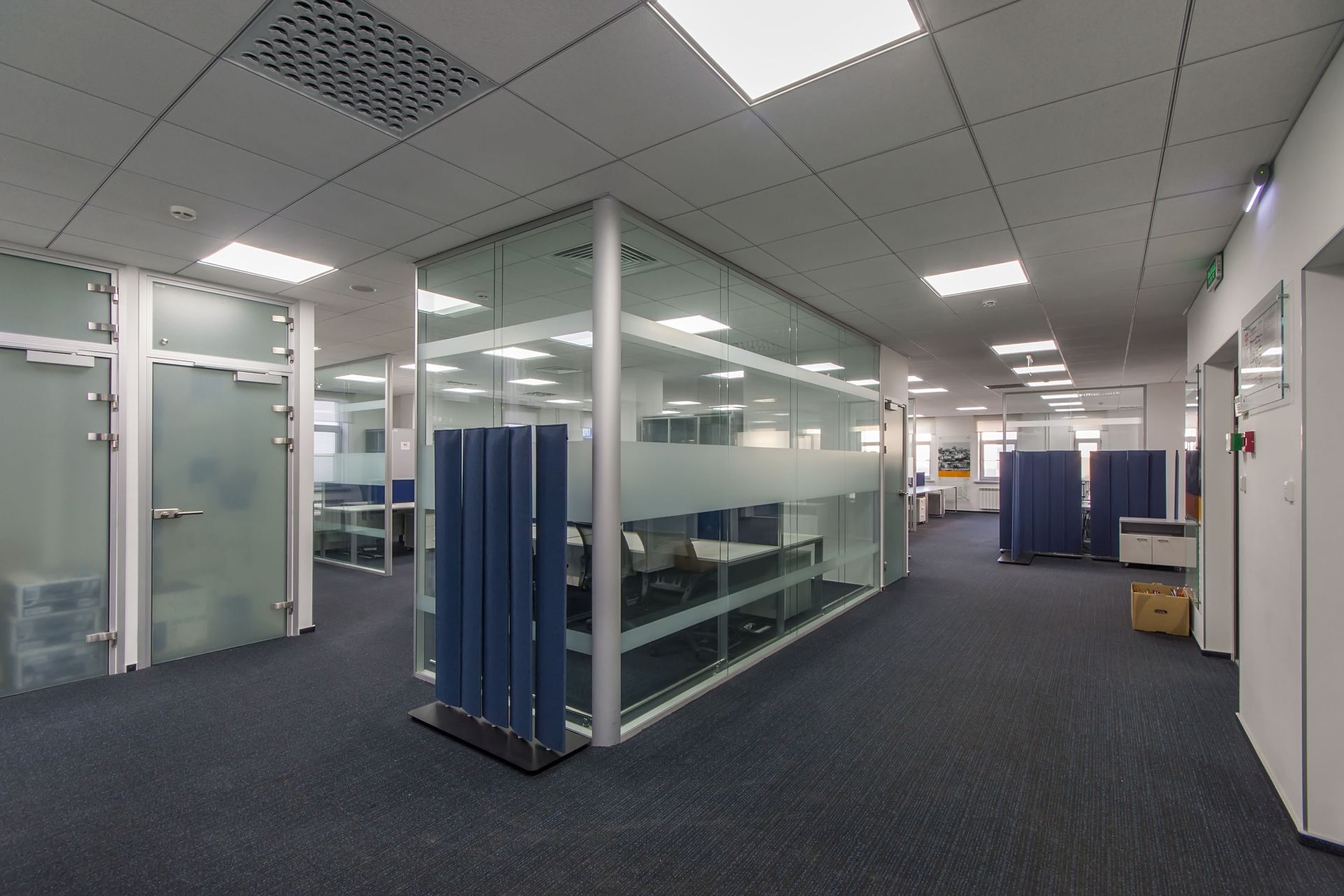

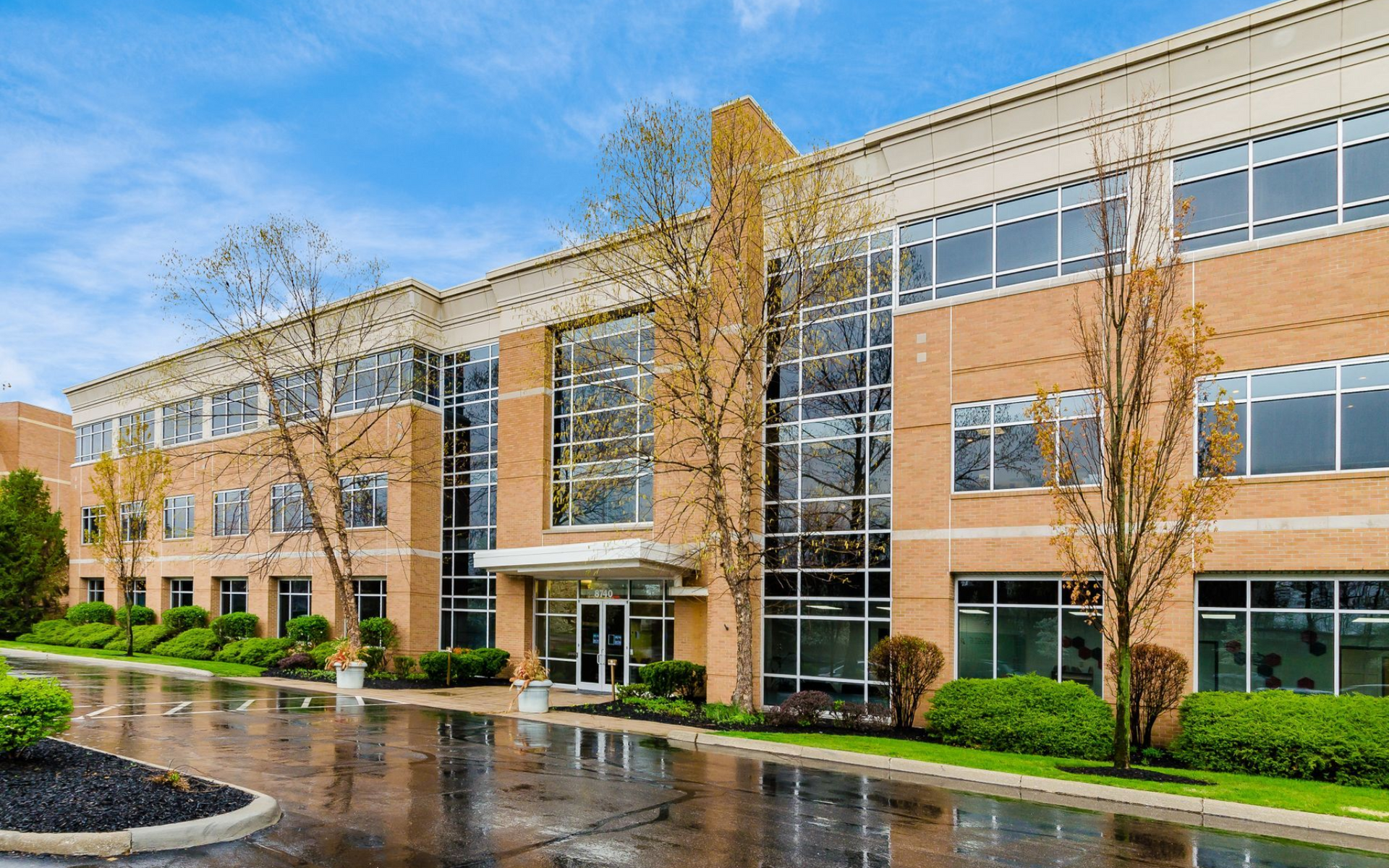
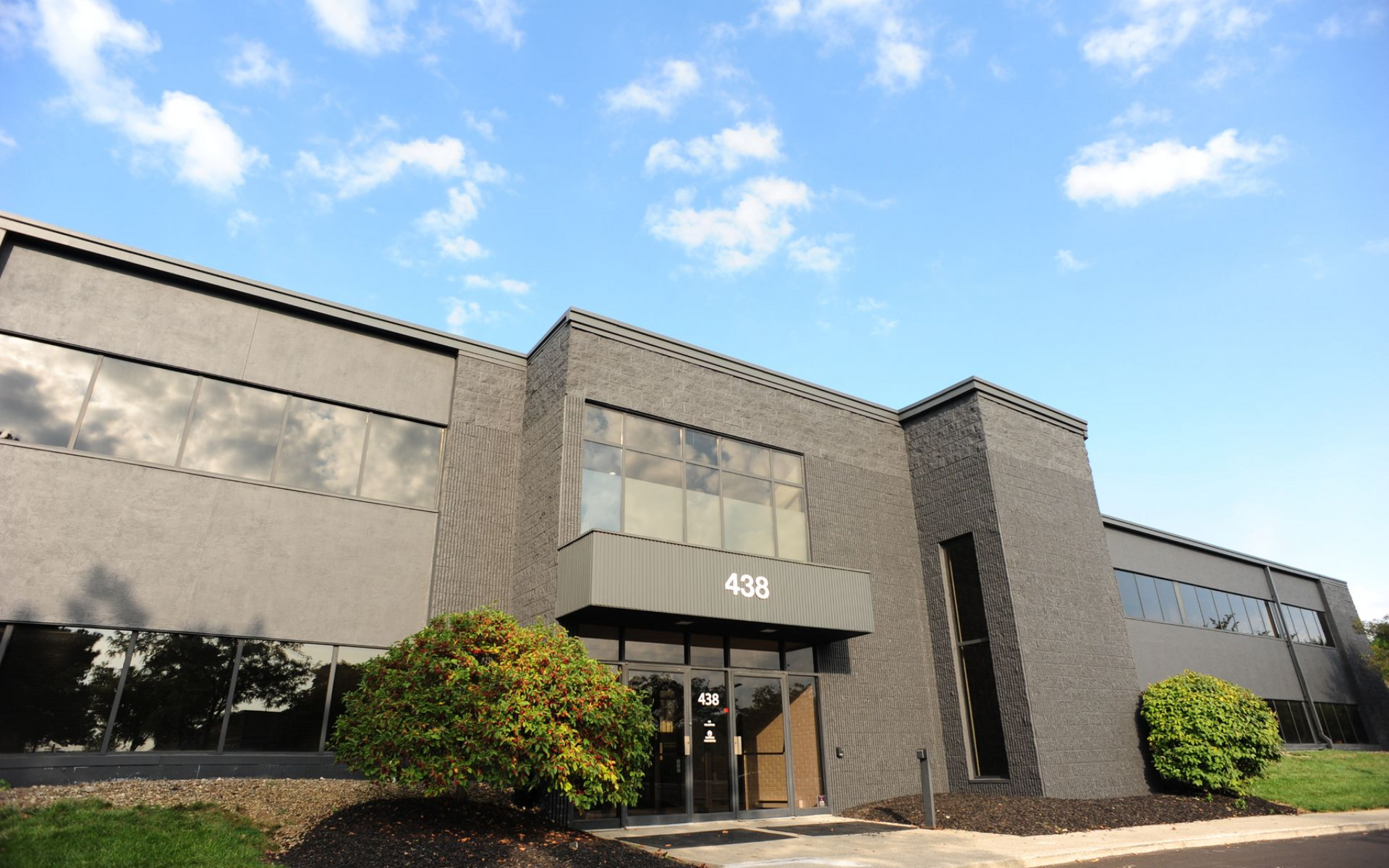
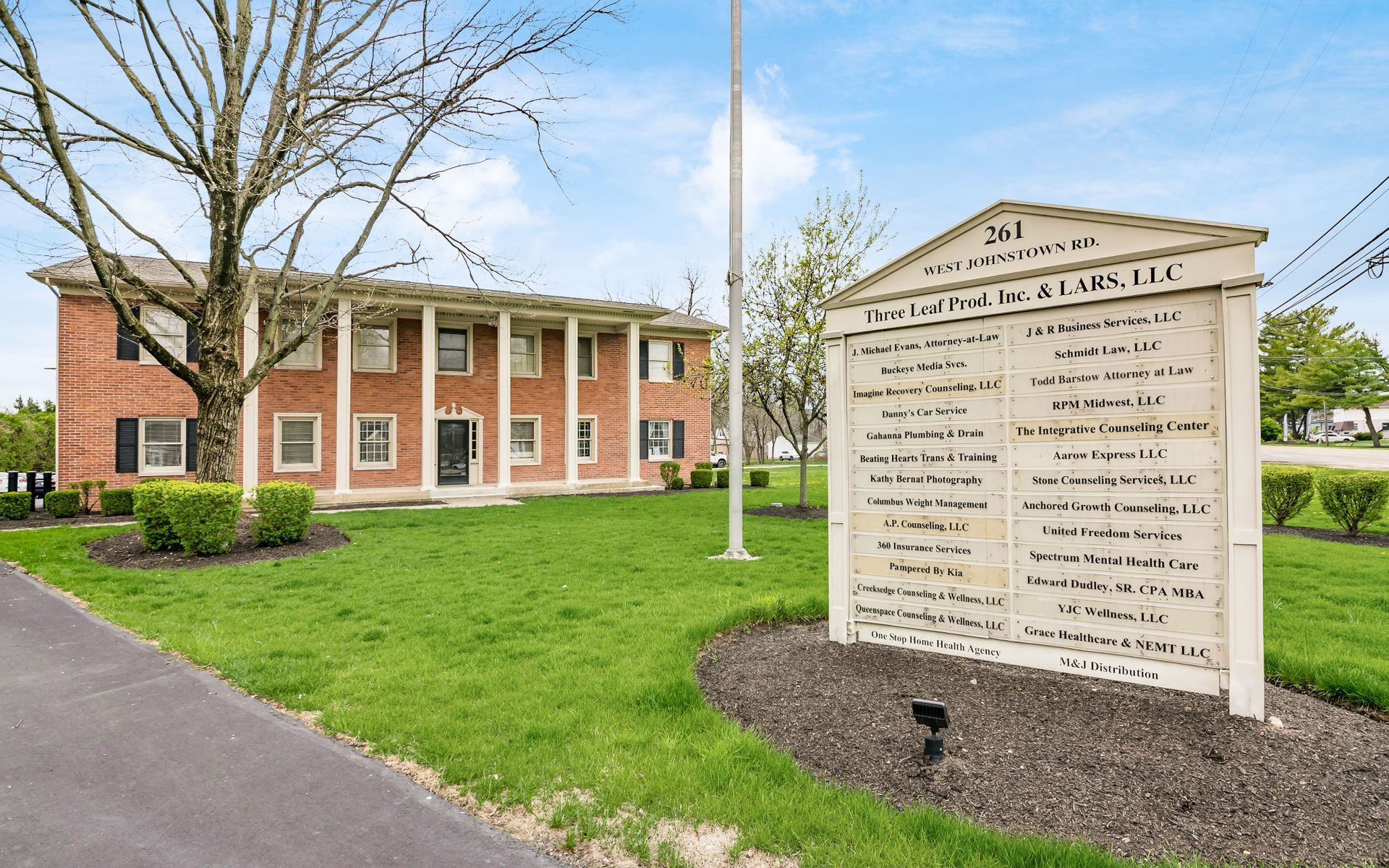
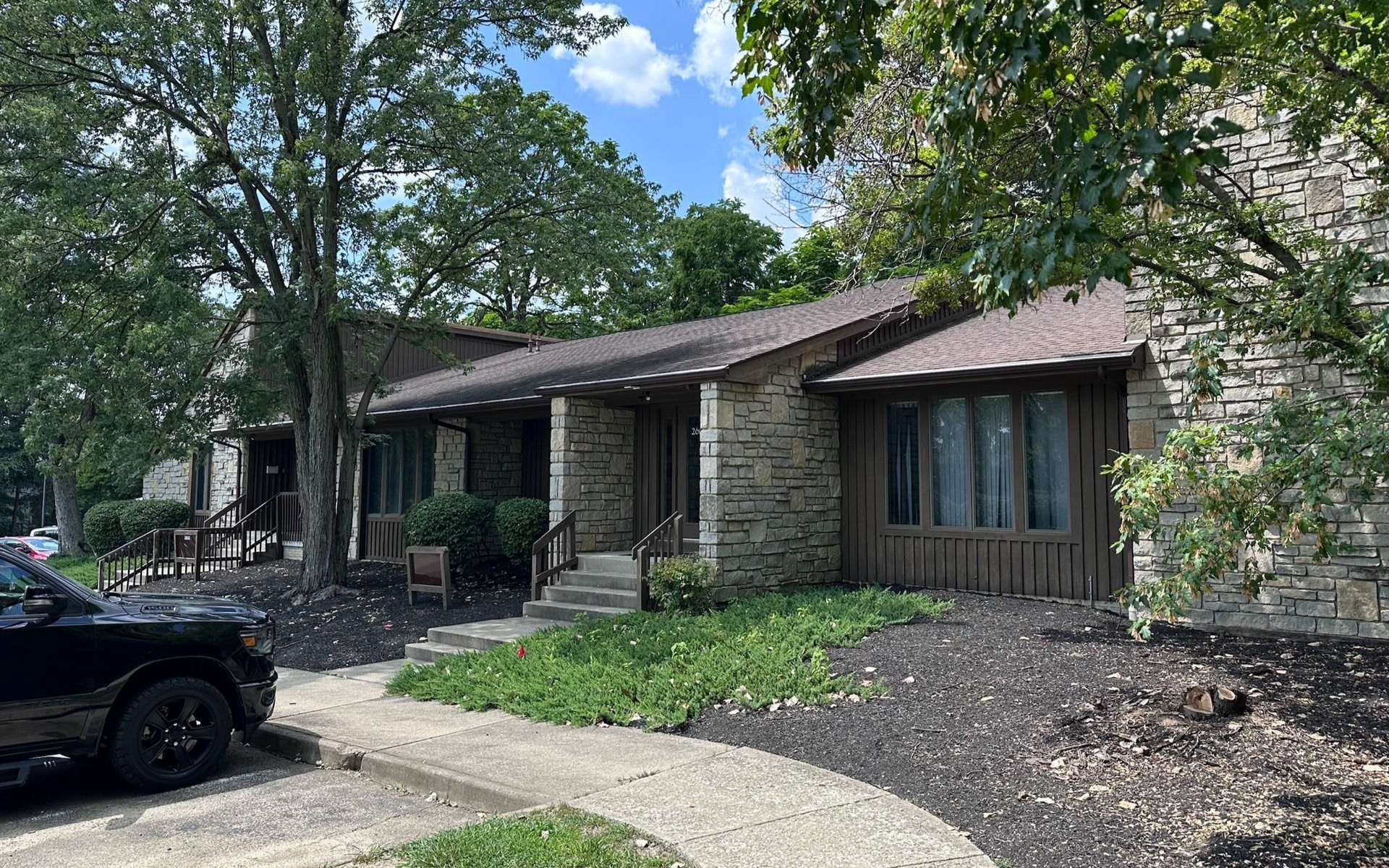
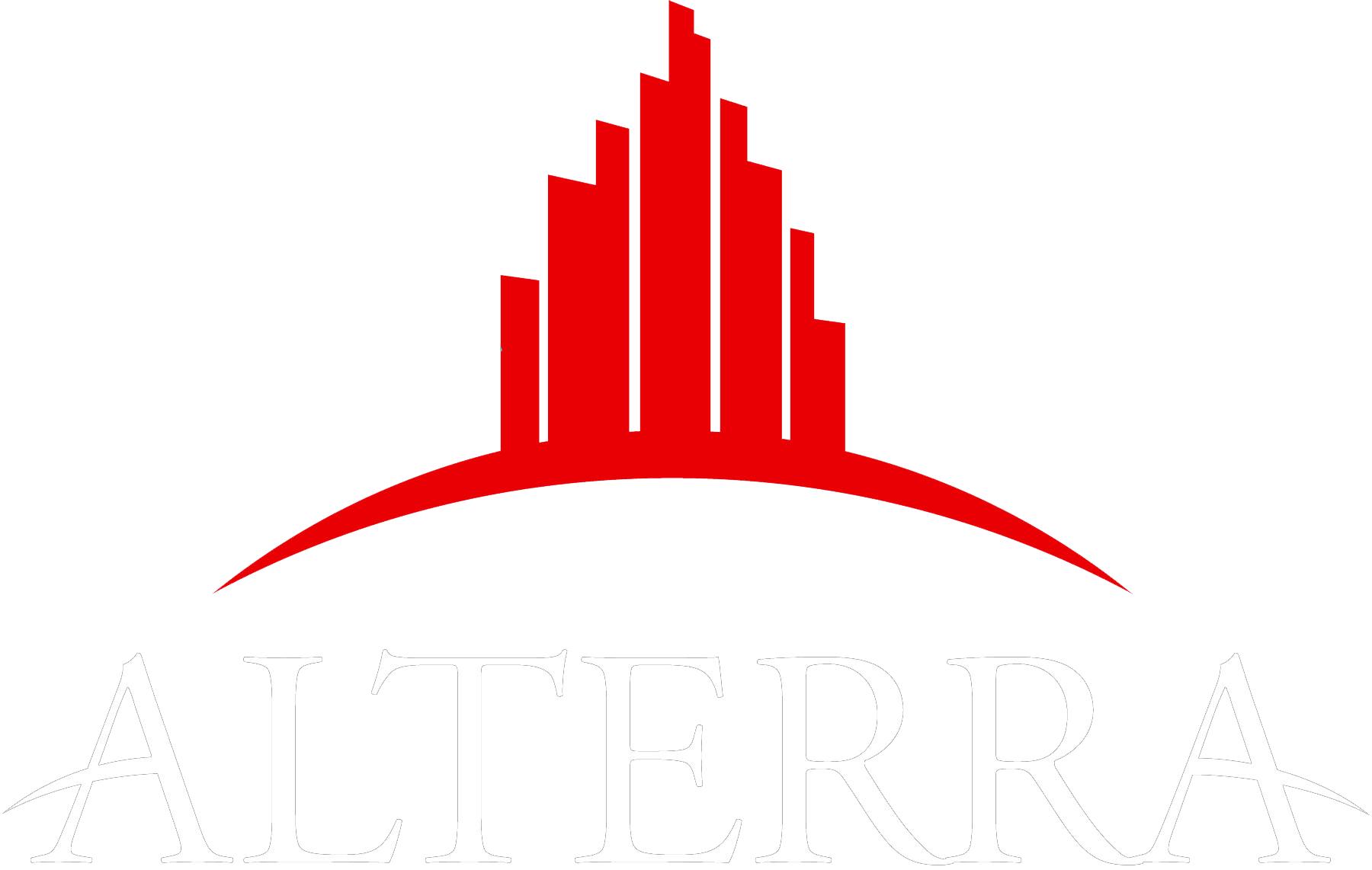

Share On: